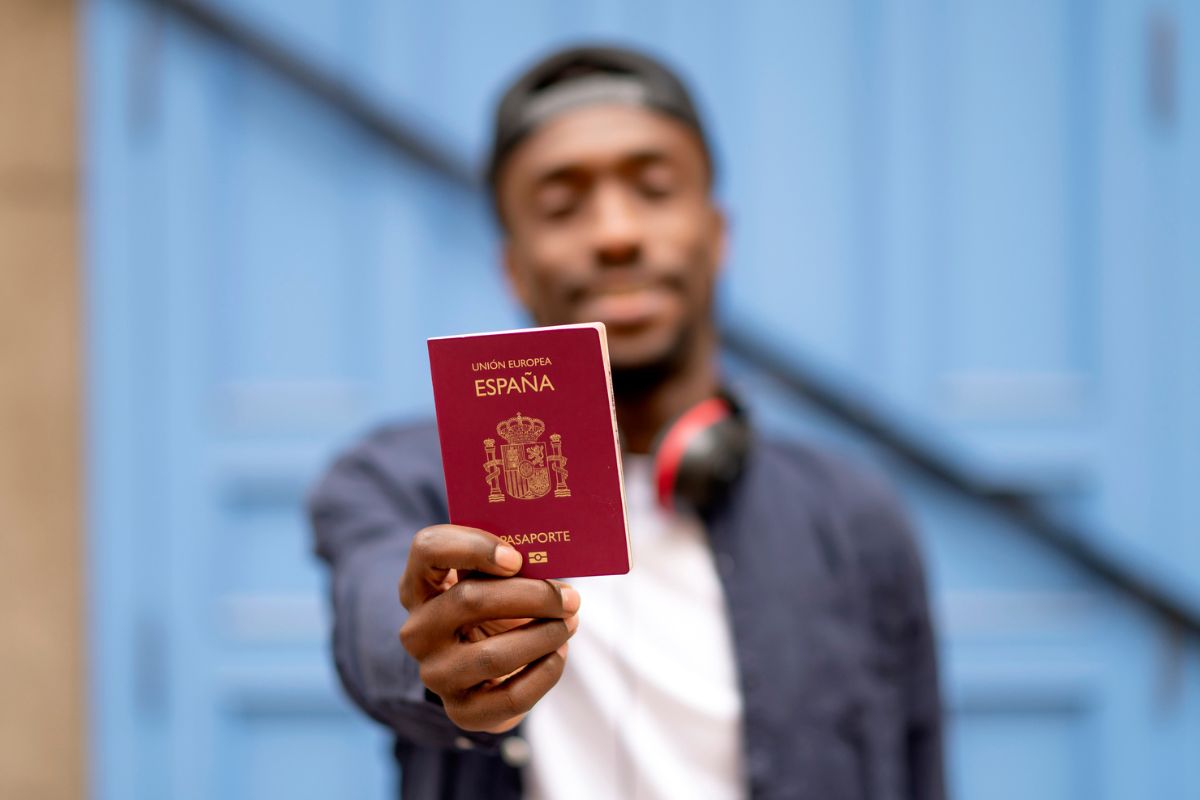Global mobility continues to shape personal and professional decisions, so acquiring a second passport has become a strategic move for millions seeking greater freedom, tax benefits, and geopolitical stability. A recent report published by International Living revealed the 14 easiest countries to obtain citizenship in 2025. The findings highlight shifts in global immigration policies.
The comprehensive analysis examines key factors including processing times, financial requirements, residency obligations, and language proficiency demands. This year’s rankings reflect the growing competition among nations to attract global talent, investors, and remote workers in the post-pandemic era. The landscape of citizenship-by-investment and naturalization programs has evolved dramatically in response to changing economic priorities and demographic challenges facing many countries.
Fast-Track Citizenship Through Investment
For those with financial means, citizenship by investment remains one of the quickest routes to a second passport. Caribbean nations like Dominica, St. Kitts and Nevis, and Antigua and Barbuda offer programs where applicants can obtain citizenship within a few months by making a significant economic contribution.
These programs often require real estate investments or donations to national development funds, providing a win-win scenario for both the applicant and the host country. However, it’s essential to stay informed about changes in such programs. For instance, Malta’s citizenship-by-investment program was recently deemed illegal by the European Union’s highest court, leading to its closure.
Naturalization Is A Path For The Patient
If you’re willing to invest time rather than money, naturalization offers a viable path. Countries like Argentina and Peru have relatively short residency requirements, two years in Argentina and two years in Peru, before you can apply for citizenship. These nations often have more relaxed language and cultural integration requirements, making the process smoother for expatriates.
Portugal is another attractive option, offering a clear five-year timeline to citizenship through its Golden Visa program. This program allows individuals to invest in the country and apply for citizenship after meeting residency requirements, providing access to the European Union’s benefits.
Ancestry
Citizenship by descent can be straightforward for those with familial ties to certain countries. Nations like Ireland and Poland offer this to individuals who can prove lineage through parents or grandparents.
This route often involves gathering documentation and navigating bureaucratic procedures, but can be less costly and time-consuming than other methods. It’s worth noting that eligibility criteria and documentation requirements vary by country, so thorough research and possibly legal assistance may be necessary to obtain citizenship through ancestry successfully.





